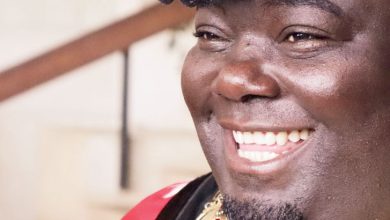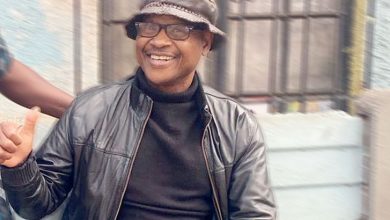Susan Chisi: Raising the voice of Malawi’s young women
In the heart of Kasungu, a town often overshadowed by the challenges its girls face, a fierce and determined voice is rising.
Susan Chisi, a determined feminist activist, is not just changing lives.
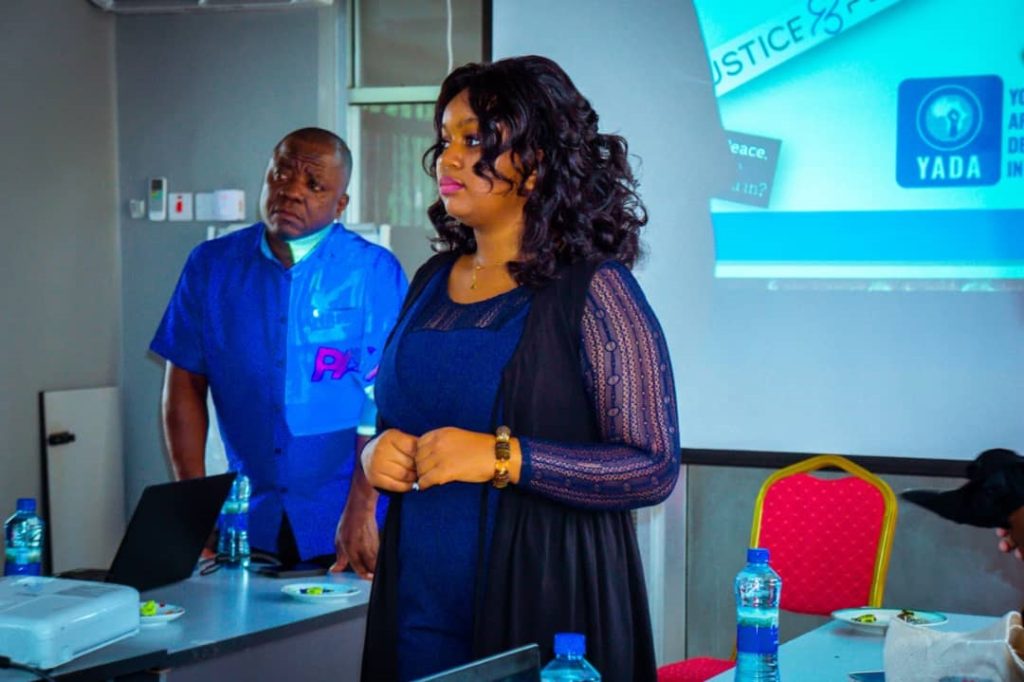
She is transforming the futures of young women.
Susan is the founder and executive director of Girls on the Lead, a young feminist movement.
In 2020, at the peak of the Covid-19 pandemic, Susan launched Girls on the Lead young feminist movement, a grassroots organisation born not just from the pandemic, but from a long-lasting silence around the challenges Malawian girls face every day.
“The pandemic intensified what was already there; girls were already being side-lined in education, faced economic exclusion, gender-based violence and harmful cultural norms,” she explains.
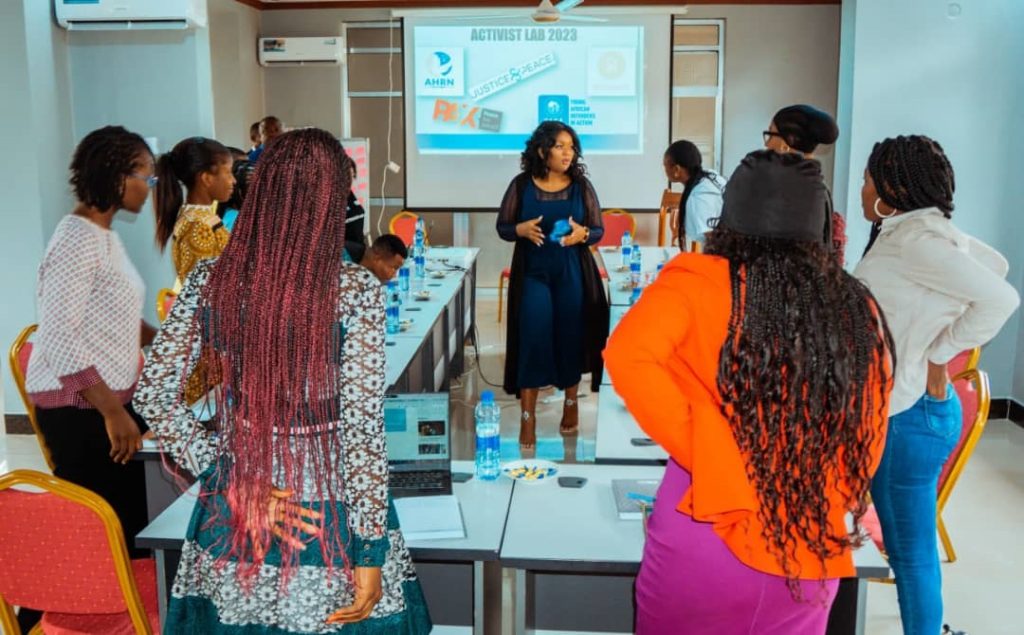
The organisation seeks to change the lives of young women through projects such as Bright Future for a Girl Child and Sustainable Periods.
Susan and her team have helped thousands of young women return to school, learn to make reusable sanitary pads and launch businesses that give them dignity and independence.
Over 4 000 girls have been directly impacted and more than 8 000 indirectly inspired.
One such story is that of Memory, a 23-year-old from Kasungu.
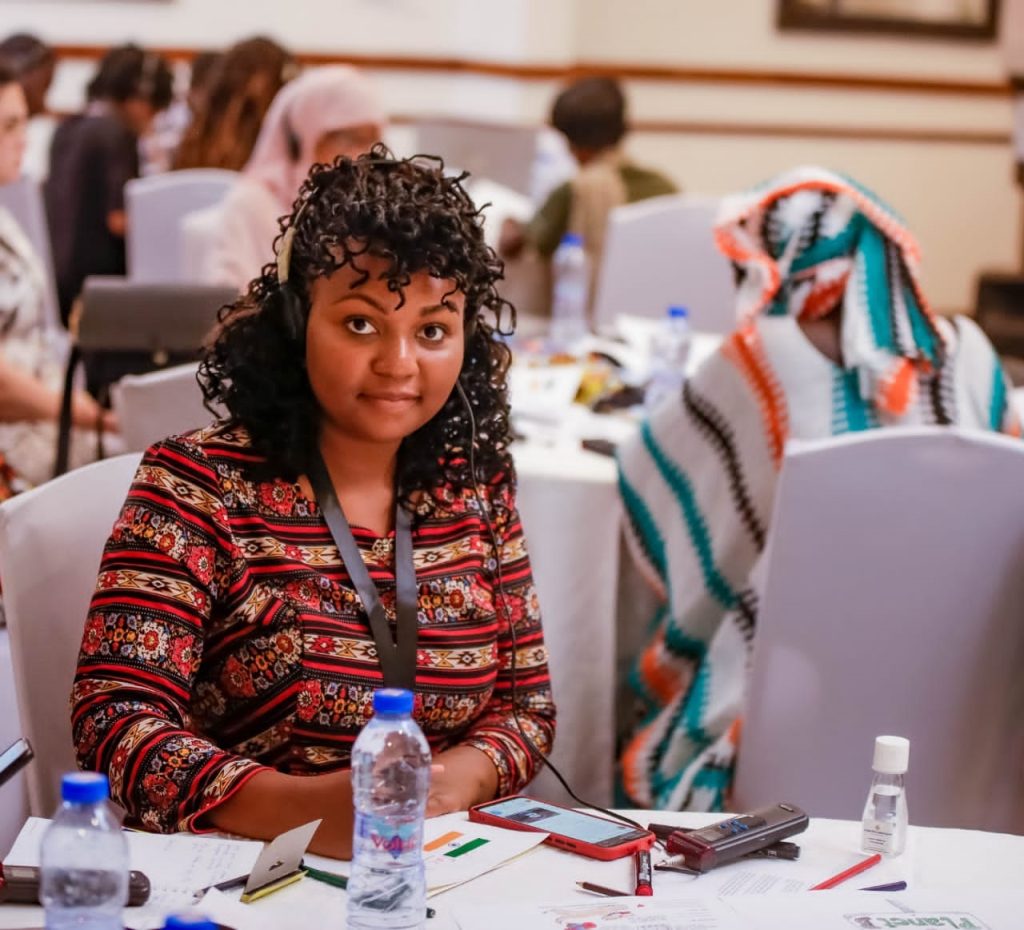
Once dependent on a small dried fish (bonya) business to support her struggling single mother, Memory’s life changed when she joined the Empower Her project.
After receiving business training and resources, she opened a small grocery within three months.
Today, she is not just surviving; she is a role model for other young women in her community.
Susan’s work is deeply personal.
She says: “I grew up in Kasungu and I told myself before I move to any other district, I have to change things where I was raised.”
She currently leads projects in traditional authorities Lukwa and Kaomba in Kasungu, working hand-in-hand with community structures to identify those most in need.
Funding for her work comes from global partners, including Women First International Fund, IM Swedish Development Partner and the African Women’s Development Fund.
But despite these partnerships, Susan remains grounded in the daily struggles of leading a non-profit organisation.
With inflation biting into budgets, financing such projects have become challenging.
Managing people is also a lesson she is constantly learning and cultural resistance, particularly toward women’s financial independence, still threatens progress.
“We have had women lose their marriages after starting businesses as their husbands could not handle it. This makes women lose interest in becoming financially independent,” she says.
Despite the challenges, Susan remains undeterred.
Outside her organisation, she works with the African Human Rights Network, impacting grassroots organisations across 22 countries in Africa.
Her feminism is gentle, but firm. “Being a feminist means understanding that we all deserve the best despite our differences. It means building a better world together, with no bias,” she says.
According to Susan, feminism and Malawian culture are not incompatible.
She observes that Malawian culture is built on unity and feminism is about love, peace and togetherness, fitting well.
Susan dreams of a future where Girls on the Lead operates in all the 28 districts of the country and where every girl walks free of violence, with a chance to lead.
She admits to struggle not with her purpose, but with the pressure of becoming who she wants to be, and how others perceive her for it.
Susan, being a firstborn in a family of four, grew up balancing the weight of responsibility and the quiet hope of possibility.
She has a Bachelor’s degree in Development Studies from the University of Livingstonia and a diploma in non-governmental organisation financial management from SCIM Distance College in the Netherlands,
“I want to have a PhD, make an impact across Africa, the world and be a happy person who loves God— a vision as personal as it is powerful,” she says.
Her happiest moment? Graduation day.
“It felt like I had achieved something that would introduce me to the world and it did,” she beams.
Her lowest? Losing her best friend and being involved in a car accident on the way to her funeral.
“I felt like a part of me died that day,” she adds.
Despite all this, Susan still dares to dream.
“It’s okay to dream big,” she says.
Her advice to girls is to focus on their dream even if it is hard, she says the voices that doubt them now will be the ones congratulating them later.



